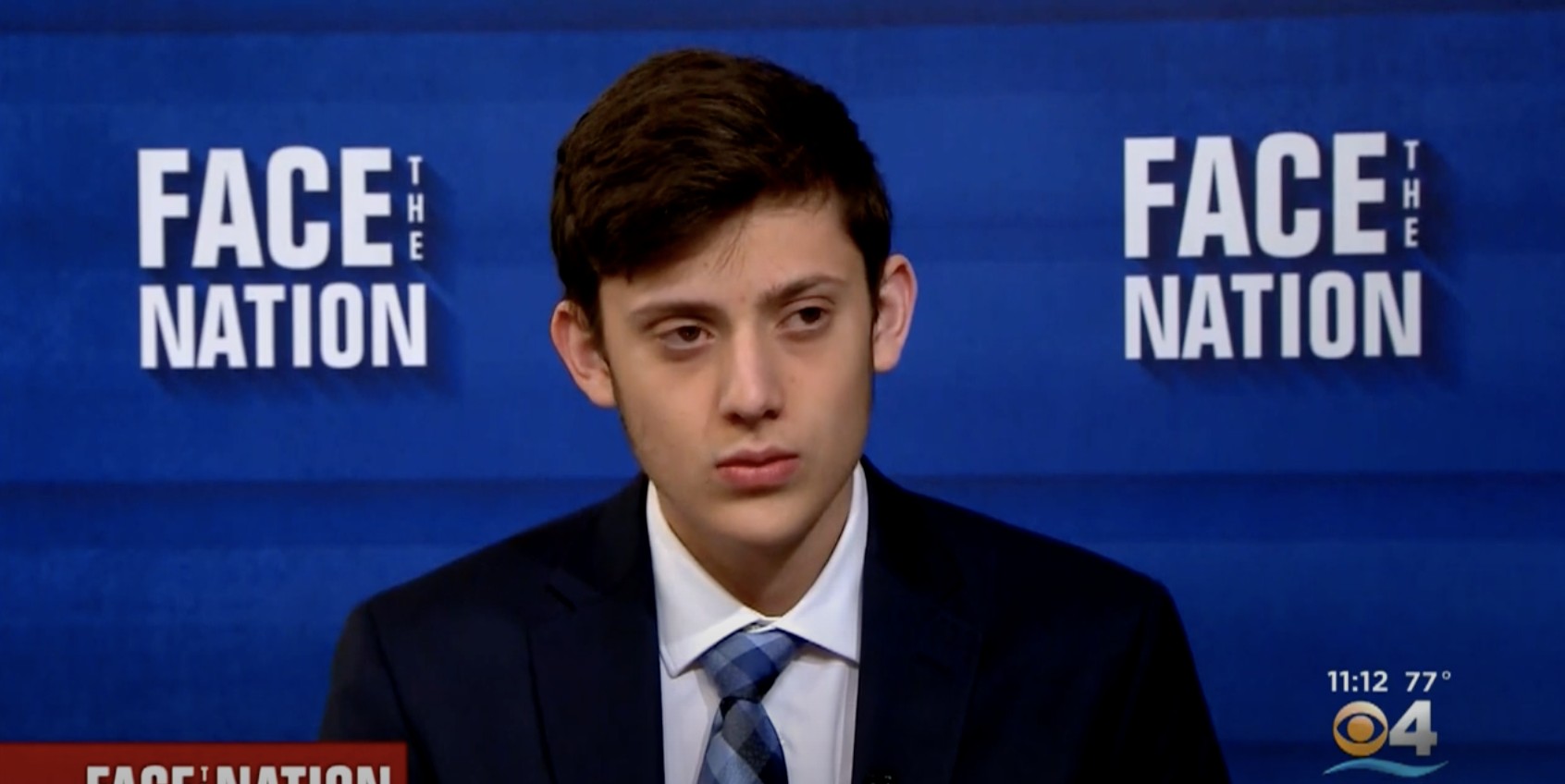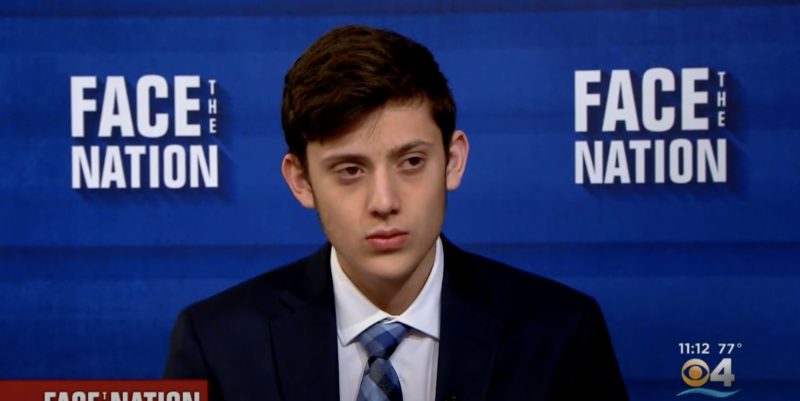Harvard admission offer rescinded because of tweets


On Monday June 17, it was reported that Harvard had rescinded the offer of admission of a boy named Kyle Kashuv.
Kashuv is a survivor of the Marjory Stoneman Douglas High School shooting, and the ivy league school retracted their offer of admission after becoming aware of his alleged racist behaviour that had occurred before the shooting in 2018.
The young man posted on his Twitter account two letters that he had received from Harvard.
The first one asked him to explain the tweets, and the second one rescinded the offer based on “the qualities of maturity and moral character.”
Harvard has said that they are not able to make comments on a particular circumstance of one individual’s admission, but they have the right to withdraw an offer, something that they make the students fully aware of.
Kashuv commented that he understands that he has made mistakes, but he had given up scholarships in order to attend Harvard, and the deadlines to accept other colleges’ offers have past.
He claims that “in the end, this isn’t about me, it’s about whether we live in a society in which forgiveness is possible or mistakes brand you as irredeemable, as Harvard has decided for me.”
Now, I like to think that we live in a world where forgiveness is possible, but I don’t know if that is the current situation.
I am a strong believer that apologizing about past mistakes should not be about what you get in return, you should be apologizing because you were in the wrong, and you will accept the consequences that go along with it.
When I was growing up, and before I started the process of applying to universities, I was told over and over again that universities have access to people’s social media accounts and can see the type of things that you have been posting.
If that is the case, what you are placing online is the only sense of who you really are, outside of academics, that the school can see.
Now, I understand that he was young, and at 16 years-old you are still heavily influenced by the people around you.
Apologizing about past mistakes should not be about what you get in return, you should be apologizing because you were in the wrong, and you will accept the consequences that go along with it.
There is a possibility of someone maturing rapidly over two years, but I think we should still talk more about the moral character aspect that Harvard is talking about.
I believe everyone has morals that are pushed upon them, but as you age your morals may change and you grow.
I can only speak for myself when I say that by the time I was 16 I was aware of what was right and wrong to say and put out into the world, and that actions have consequences. These words and these actions are not things that should be taken lightly.
Harvard has the right to accept and decline those that they deem fit for their schools environment and brand.
Let’s ask ourselves, what could have happened if they had allowed him to attend their school and no apology was ever made to rectify the situation and later it was discovered that he had engaged in this behaviour?
After allowing him to be apart of their community, Kashuv will always be attached to Harvard, and would therefore affect their overall brand.
In the end, Harvard has the right to do as they wish, and they are not rescinding the offer based off anything discriminatory towards Kashuv, but rather his previous actions.
The overall message of this situation: Be aware of what you post online and how it portrays you.


